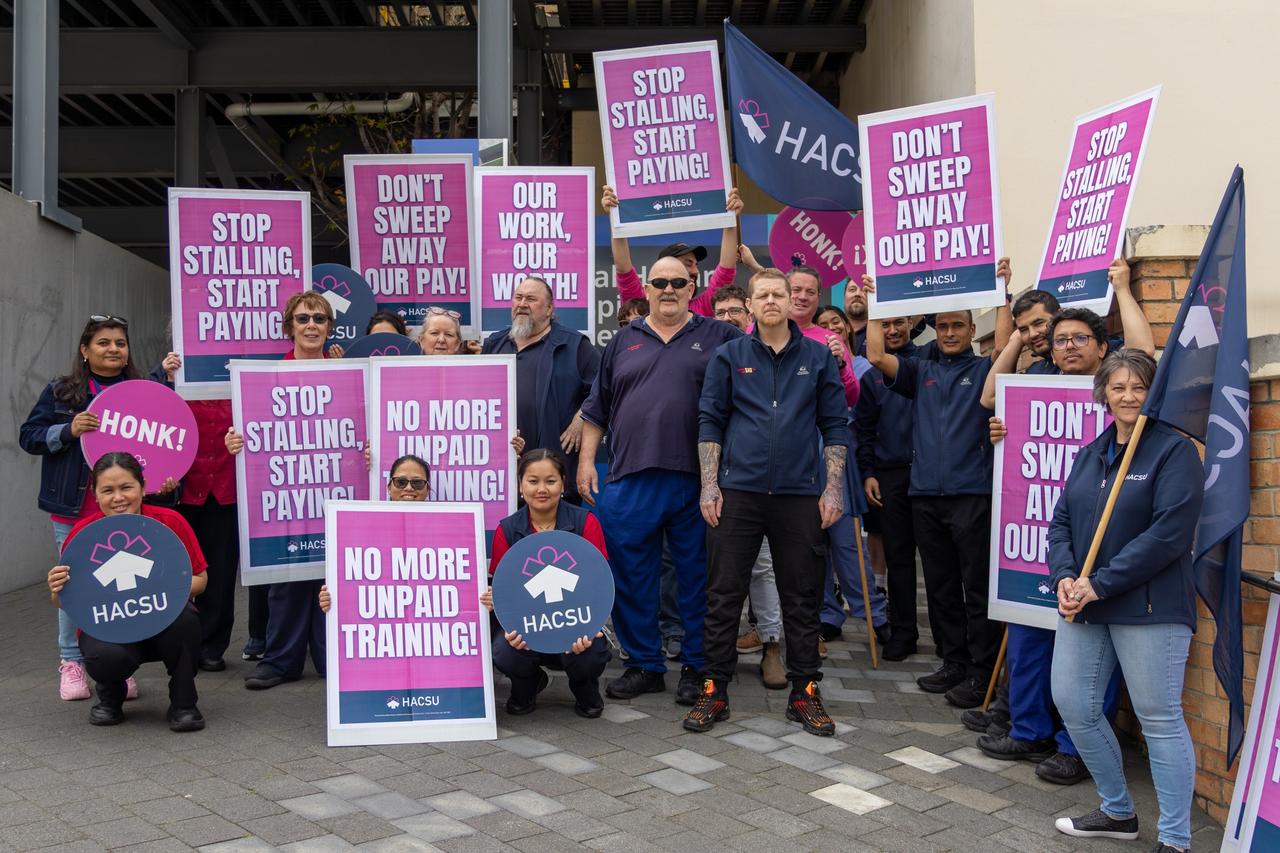A human rights organisation has launched Supreme Court action challenging parole conditions that prevent convicted murderer Susan Neill-Fraser from discussing her claims of innocence with the media.
The Human Rights Law Centre filed the legal challenge on behalf of Neill-Fraser, who was released on parole in 2022 after serving 13 years for the murder of her partner, Bob Chappell.
Neill-Fraser, now 71, was convicted in 2010 of murdering Chappell aboard their yacht in Hobart on Australia Day in 2009.
She was initially sentenced to 26 years imprisonment, later reduced to 23 years with a minimum of 13 years on appeal.

Under her current parole conditions set by the Parole Board of Tasmania, Neill-Fraser is prohibited from “directly or indirectly with any media outlet to claim [her] alleged innocence and/or wrongful conviction”.
Sarah Schwartz, Legal Director at the Human Rights Law Centre, argues the restrictions violate fundamental freedoms.

“Everyone has the right to free speech and freedom of political communication, including those who have been incarcerated,” Schwartz said.
“The parole system should support people’s re-entry into the community after being in prison. Parole conditions which are repressive and restrict people’s fundamental human rights do the opposite.”
The legal challenge centres on constitutional protections for political communication and international human rights standards regarding free speech.
“The right to political communication is fundamental to our democracy and safeguarded by Australia’s constitution, while our right to free speech is protected by international human rights law,” Schwartz said.

“These rights should not be restricted unless there is a legitimate reason.”






